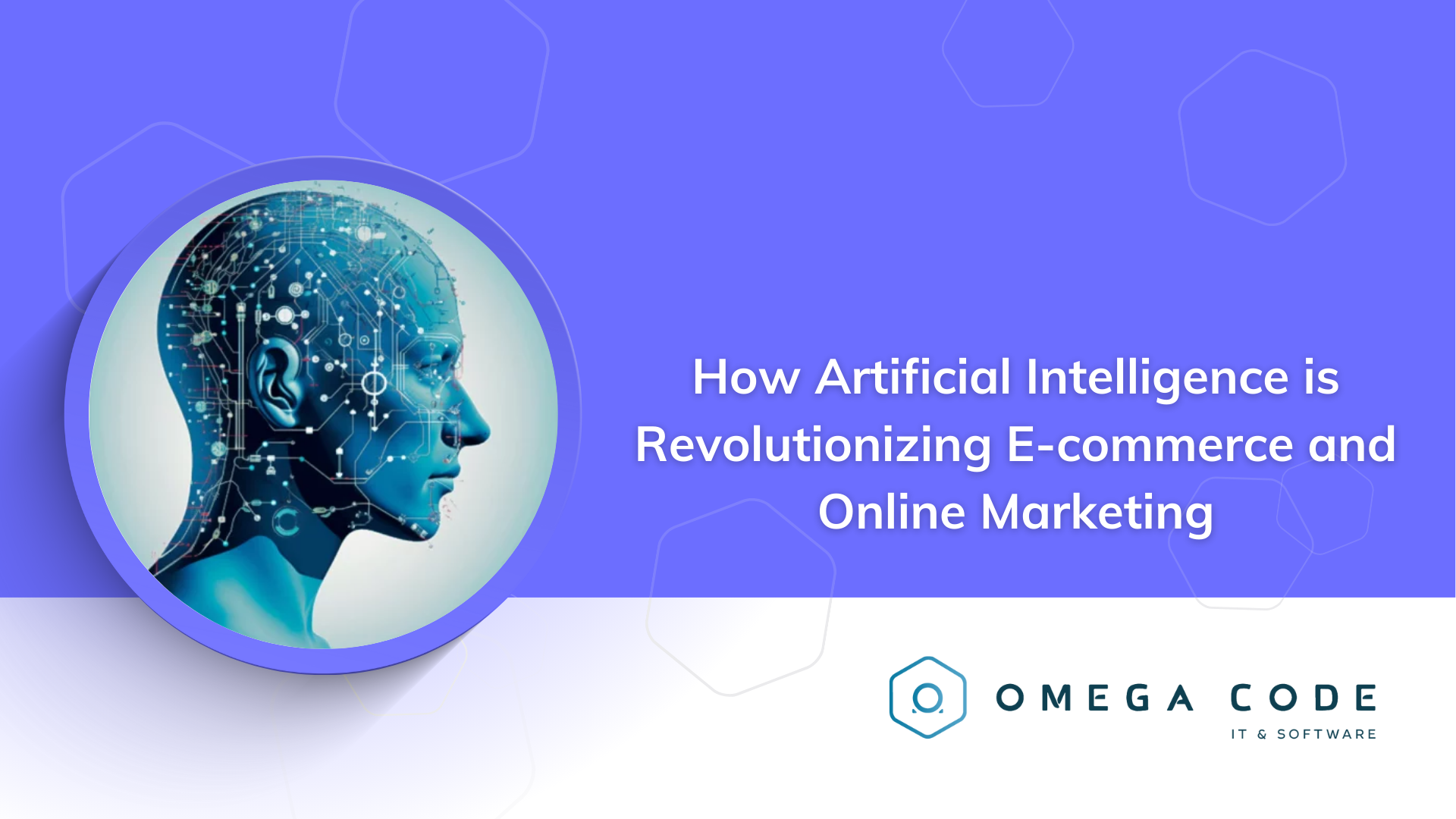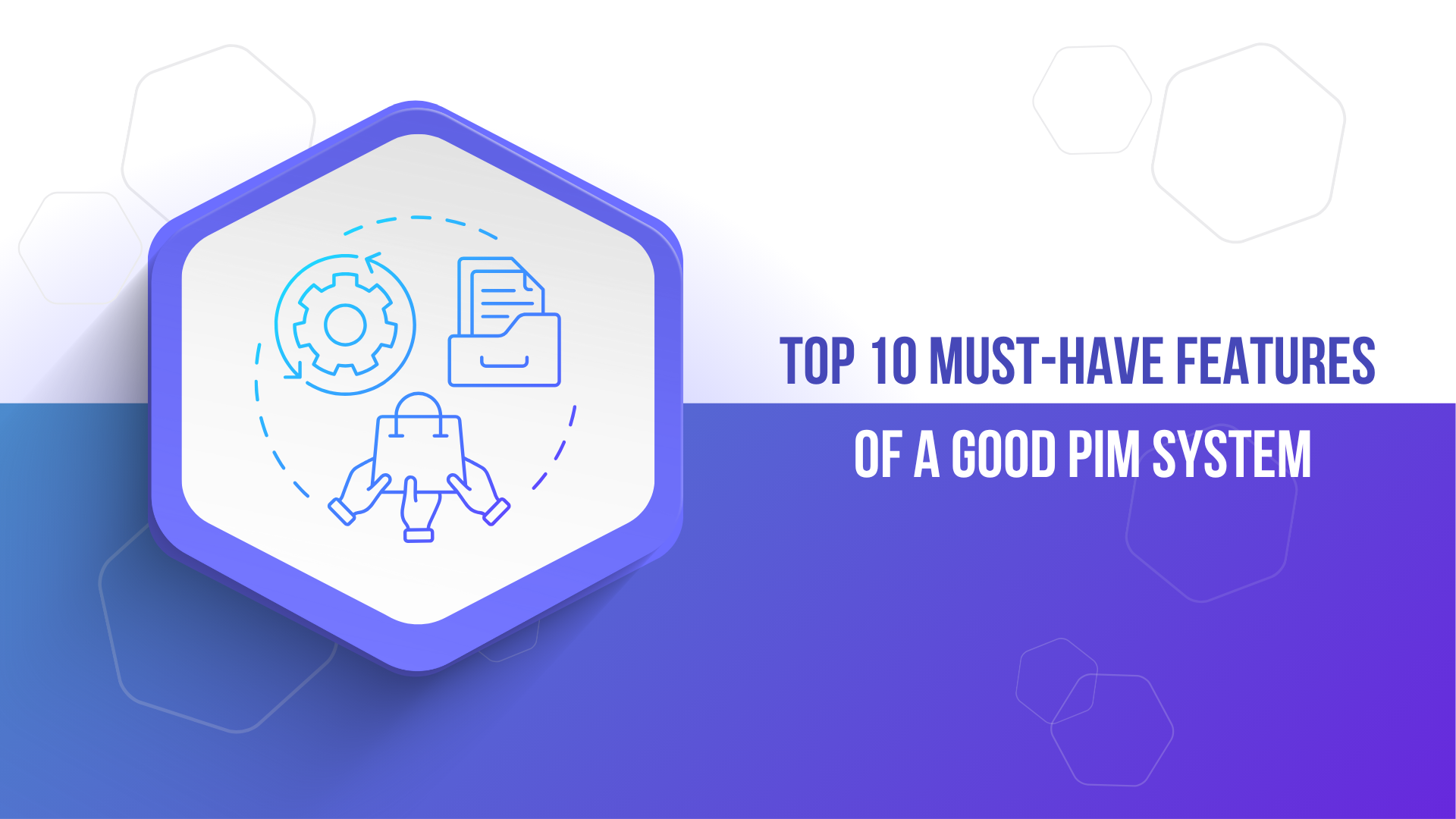Digital Edge at Your Fingertips: How Artificial Intelligence is Revolutionizing E-commerce and Online Marketing
In today's digital world, where the amount of data is growing at a dizzying pace, artificial intelligence (AI) is becoming an invaluable tool.

Introduction
In today's digital world, where the amount of data is increasing at a staggering rate, artificial intelligence (AI) has become an invaluable tool. Here's how you can leverage artificial intelligence in e-commerce and marketing to succeed in business.
Understanding the Impact of AI in Marketing and E-commerce
With Artificial Intelligence, You Can Better Understand Your Customer
The customer is the heart of every business. AI allows for the analysis of large data sets on customer behavior. You can use AI tools to analyze trends, identify preferences, and personalize offers for each customer. As a result, AI can improve customer service and increase your revenues.
Automation and Optimization of Marketing Processes Thanks to AI
AI allows for the automation of many marketing processes. Using AI, you can generate personalized email campaigns, manage advertisements on social media, and even automatically respond to customer inquiries through chatbots. With these tools, marketing teams can focus on more strategic tasks.
Delving Deeper: Practical Applications of AI in E-commerce
Improving Data Quality with Artificial Intelligence
Data quality is crucial for making business decisions. AI allows for automatic cleansing and enhancement of data sets, identifying anomalies, duplicates, and other irregularities. Improving data quality leads to more reliable analysis and better business decisions.
Product Recommendations and Offer Personalization with AI
AI can help tailor an online store's offer to the individual needs and preferences of customers. With machine learning and data analysis, AI systems can generate product recommendations that increase the likelihood of purchase by the customer.
AI and its Role in Marketing Strategy
Trend Analysis and Forecasting with AI
AI allows for analyzing historical and current data to identify market trends. With predictive analytics, you can forecast which products will be popular in the future and adjust your marketing efforts accordingly.
Improving Customer Service Quality with AI
AI allows for enhancing customer service through tools such as chatbots or natural language processing systems. With artificial intelligence, you can quickly and efficiently respond to customer inquiries, which leads to increased satisfaction.
Additional Applications of AI in E-commerce
Warehouse Management and Logistics Optimization
Not only marketing departments can benefit from AI, but also the area of warehouse management and logistics in e-commerce. AI allows predicting product demand, optimizing inventory levels, and managing the delivery process. AI systems can learn from historical data and predict future trends, allowing you to avoid stock shortages or excessive inventory accumulation.
Data Security and Fraud Protection
Data security is essential in online business. Artificial intelligence can help in detecting and preventing fraud by analyzing user behavior patterns and transactions. AI-based algorithms can identify suspicious activities in real time and automatically block potentially harmful transactions.
AI in Content and Social Media Marketing
Content Creation on the Website
You can use artificial intelligence for optimization and content creation on your website. For example, with AI, you can generate product descriptions tailored to a specific product and customer preferences. Additionally, AI-based tools allow testing different content versions to find the most effective ones.
Solutions in Social Media
Artificial intelligence enables the analysis of user behavior on social media, allowing for a better understanding of their needs and preferences. With AI, you can create more effective social media campaigns that target the right audience and engage users.
Summary: Utilize Artificial Intelligence for a Competitive Edge
In the world of e-commerce and online marketing, where competition is fierce, leveraging artificial intelligence can be a key factor for success. With AI, you can improve customer service, optimize business processes, manage inventory, increase data security, and create more effective marketing campaigns.
By using tools based on artificial intelligence, you open doors to new possibilities and competitive advantages. However, it is important to remember responsible utilization of this technology, considering ethics and data security.
There is no doubt that artificial intelligence is becoming more influential in many aspects of business. To fully harness its potential, it is worthwhile to invest in the right tools and educate the team so that you can make informed and effective business decisions.
Ultimately, by using artificial intelligence, you can understand and meet the expectations of your customers at a higher level, which translates into increased loyalty, satisfaction, and long-term success of your business.





